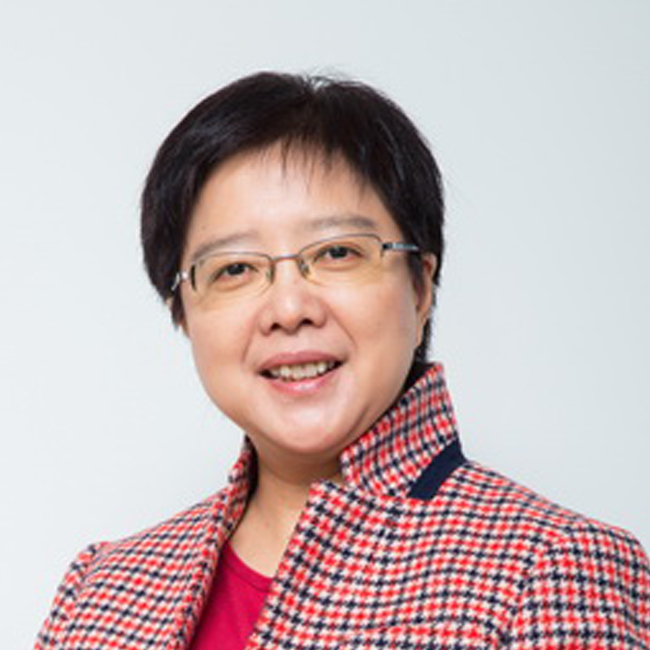
Dr. Winnie Tang, JP
Dr. Winnie Tang, JP, is an Adjunct Professor in the Department of Computer Science, Faculty of Engineering, Department of Geography, Faculty of Social Sciences and Faculty of Architecture at the University of Hong Kong (HKU). She has over 20 years of experience in the Information and Communications Technology (ICT) industry, specialising in Geographic Information System (GIS) technology. She delivered her presentation on “Journey of Hong Kong Towards a Smart City and Our Way Forward” at the fourth session of Cities and Governance Seminar Series.
Even before COVID-19 swept across the globe, cities were facing a range of significant challenges. They were unlikely to be tackled successfully without the increasing use of technology, Dr Tang noted. Smarter cities form, at least, a major part of the solution to the adverse effects of ageing societies, climate change, the energy crisis, and the relentless growth in the number of people migrating to urban centres. It is estimated that two-thirds of the earth's population, or 6.4 billion people, will live in cities by 2050, and that one-third of the population of Hong Kong will be 65 or older by 2040.
Artificial intelligence (AI), GIS, big data, cloud, the internet of things, robots, and the sharing economy could all play important roles in improving the quality of life and services in Hong Kong.
“Geographic information system (GIS) technology has been the foundation for many smart cities and nations around the world,” Dr Tang explained. It is relatively easy to connect Internet of Things sensors to GIS and generate big data on what is happening in a specific area. “We can then develop the AI algorithm that can help us predict, or project, the future.”
On the IESE Cities in Motion Index 2020 of smart cities, Hong Kong is ranked 10th in the world, and third in Asia. Though the percentage of the HKSAR’s GDP spent on R&D is relatively low, it has an impressive number of startups and unicorns.
However, Dr. Tang believes Hong Kong is not “future ready” and needs to increasingly leverage the unique strength and market size of the Greater Bay Area. While Shenzhen is currently ranked 109th on the IESE table, Hong Kong-Shenzhen-Guangzhou is second to only Tokyo-Yokohama in the Global Innovation Index (GII) 2020, of the world’s top science and technology clusters. “If we continue to collaborate, I believe we will both grow together.”
The soon-to-be-launched Hong Kong Smart City Blueprint 2.0 will focus on six areas, including Smart Economy, Smart People, Smart Government, Smart Environment, Smart Mobility and Smart Living. Smart Economy refers to the city having the advantages needed to develop into the FinTech centre of the world while Smart Living covers currently all-important health monitoring systems. Dr. Tang was the technical project manager on the development of Hong Kong’s Interactive Map Dashboard, which uses GIS to map and share information on COVID-19.
In the blueprint, the promotion of STEM and GIS education, and the development of spatial skills and mapping technologies, come under the area of Smart People. Given that Hong Kong has world-leading universities, Dr. Tang said what we need to do right now is to create an ecosystem in which talent can unleash their full potential.


